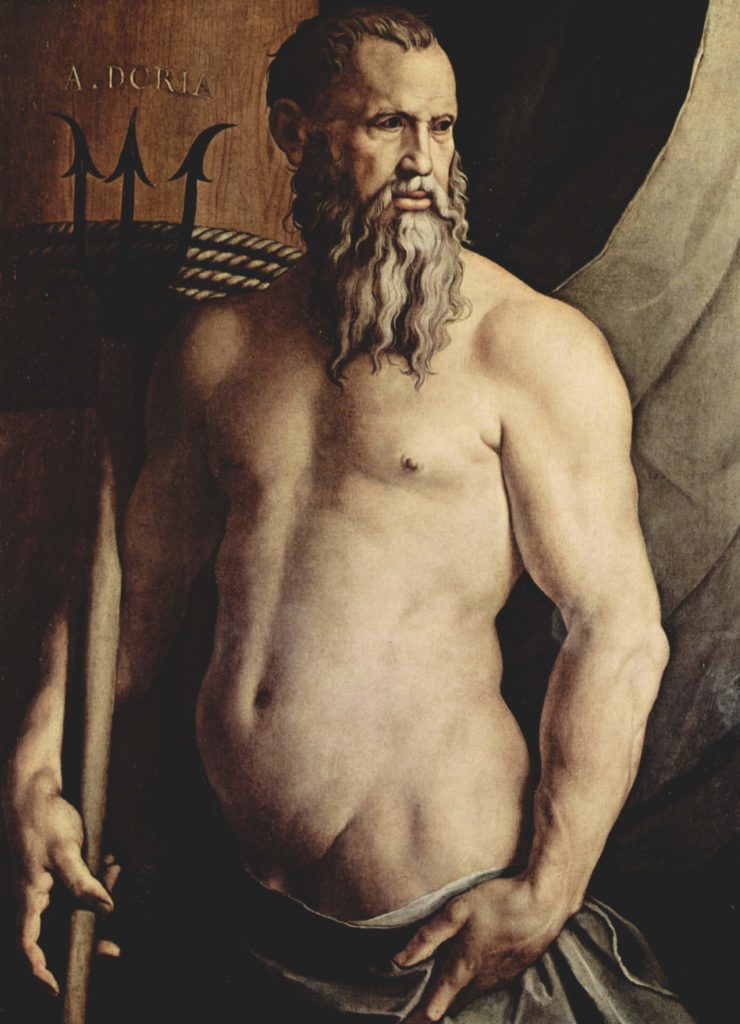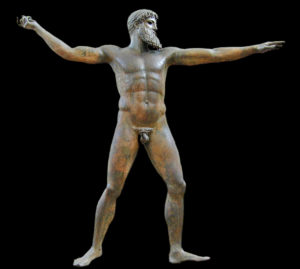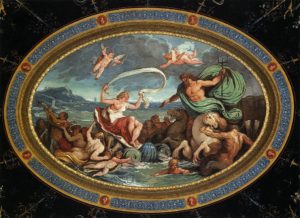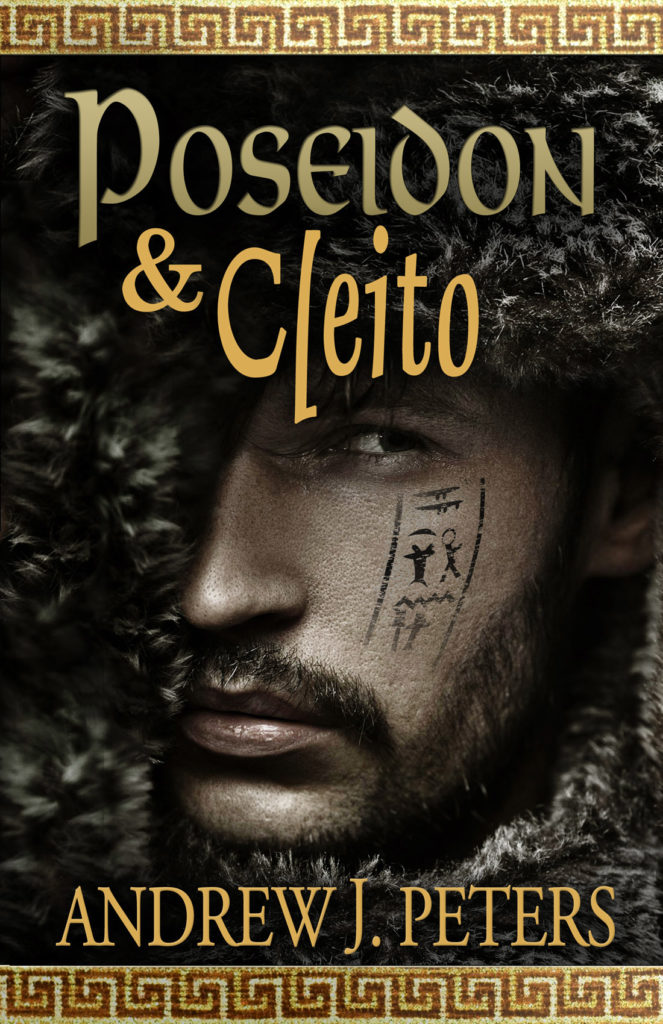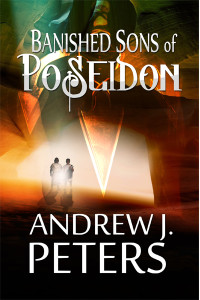It’s always tough for me to decide on excerpts to use for readings or sharing on social media. I actually prefer to have someone decide for me, since I’m probably too close to the story to evaluate what would make for an entertaining snippet for people unacquainted with the story.
Here I chose a tried and true strategy: the opening scene from the book. It doesn’t require any set up, and my hope with the opening was to set a mystical tone for the narrative through this encounter with the main character Donnogen and a steppe Witch.
I included some images from my Pinterest inspiration board. I hope you enjoy it!
~
Chapter One
The Witch’s hovel stood on a bald hilltop covered with snow. It had been a half day’s journey for the young hunter to find it, minding his grandmother’s instructions from seasons past.
“Find the spitting cavern on the bank of the sea. Climb the bank to the margins of the ancient woods and follow the trodden path to a glassy plain. There she will be, perched over the barren land, like a shepherdess to a ghostly flock.”
The sun hung low on the horizon, and the snowy field was no longer glassy. The towering trees at the border of the woods cast a lake of shadow that stretched toward the hill, soon to devour it in darkness. An infinite quiet surrounded the hunter. For a delicate moment, fear bit at him, and he halted, suspended in a void of silence while the claw of frost clutched his breath. He pushed on through the field.
It was time for him to know his name.
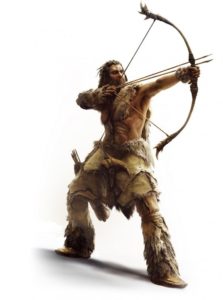
An illustration that I pinned from 3duegos.com, a prototype for the hunter Donnogen.
Climbing the hill was a trudge through frost-crusted dunes that buried him to the top of his deerskin leggings. There were no other tracks up the hill. Though it was deep into the season of freeze, the clouds had not shed their tears of snow for three suns.
The home was a wattle-roofed roundhouse that looked like a giant mushroom crowning its snowy mount. It was no more than a dozen strides across, and its cone cap was buckled and frayed from many seasons of freeze and thaw. Smoke rose up from its chimney, and the snow encircling the house had melted, forming a gutter. A gnarled stake of wood warded the entrance. A freshly-killed white fox had been impaled on the stake.
The hunter stopped at the threshold for a moment, remembering his amma. He shut his eyes and spoke silent words to reach his grandmother in the otherworld.
“My beard grows thick, Amma. I am a man, and I have come, as you told me. The clan taught me well. I can chase the spotted deer, clean its hide from its flesh, and make my own hatchets and spears. Watch over me. You are always in my heart.”
He pushed aside the heavy mats hanging in the doorway and stepped inside. The sudden heat was arresting, and the stench was choking. The Witch must have been boiling some kind of animal fat. Mammoth hides hung from the hut’s rafters, dividing the space into a puzzle of compartments. In good times, the mammoth hunter clans might have had one pelt they could afford to show off in such a way, and this woman had at least three that he could see! Good barter: men from all parts of the steppe must have traveled to her to ask for name-readings.
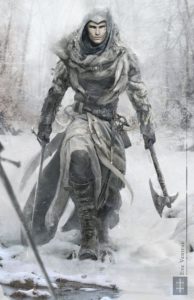
Pinned from artofmisc.tmblr.com, a prototype for the Sea People
That was trade from seasons past. There weren’t any clans of mammoth hunters left on the steppe. Not since the white-haired Sea People had alighted from their barges to ferry their antler-headed warriors and their strange machinery from their island kingdom. The raiders had brought war, enslavement, and a killing fever. They tore up the sedge with their stone-tipped harrows and drove the wooly titans from their grazing fields.
It was said the Sea People left the Witch alone, and the hunter had even heard they called on her for her prophecies and cures. How she managed to live by herself, so far from the steppe settlements, was strange to him.
The crackle of her fire filled the space, but he heard no other sound. An earthen pot rested at his foot. He took off the leather coin purse that hung around his neck, unlaced its cord, and turned it over. A dozen copper rings and tin coins tumbled and clanged into the pot.
His amma had never said how much to bring, but only once in a man’s life is he given his true name. It was the little bounty he had put away on his wanderings since his clan had scattered from the steppe. Picking over a few frozen travelers in the snow. Pocketing some spoils from the white-headed rangers he had fought off with his spear. The shiny trinkets were pretty trade, though a hunter made his way with what the land provided. He thought the currency might impress the Witch. They said she horded untold riches.
A voice stabbed at him from an unknown place. “Take off your boots.” He did not look for her, he just obeyed, taking off his mitts and unlacing his deerskin shoes and setting them aside. He stood, barefoot, and waited.
The phantom voice came again, so shrill it could shake the fur from a bear. “Leave your weapons. Take off anything with sleeves, legs, or pockets. You come and go with only what you brought.”
He looked around in disbelief. His spear and his hatchet were one thing. It was bad manners to enter someone’s house with weapons from the hunt. But following her orders would leave him in his thigh-length shift. It was threadbare and stained from many wearings.
The voice shrieked, “No time for modesty. I haven’t all night.”
He stripped down, leaving his pelt, his spear and hatchet, his woolen undercoat, and his leggings in a pile on the floor.
As soon as he had finished, the Witch called out. “Follow my voice. You can do that, can’t you? You’ve got more wits about you than you let on.”
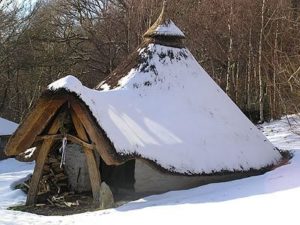
A neolithic hut, pinned from naturalhomes.com
His body, which was broad and tall and built for the hunt, felt suddenly awkward in the enclosed space. He looked around, stepped to one side, and pulled back the flap of a hanging pelt. That revealed a miniature anteroom of sorts. He ducked his head beneath a bowed and rotting rafter and ventured into that space. Another fur-draped divider hung at one side, under which fiery light flickered. He headed for it, found one edge of the fur draping, and parted it to step through.
~
It’s #PoseidonWeek so if you comment/share below, you’ll be entered into a raffle for Poseidon swag provided by Zazzle. You can also enter the contest all this week (through Thursday, September 1st) at my Facebook page.

